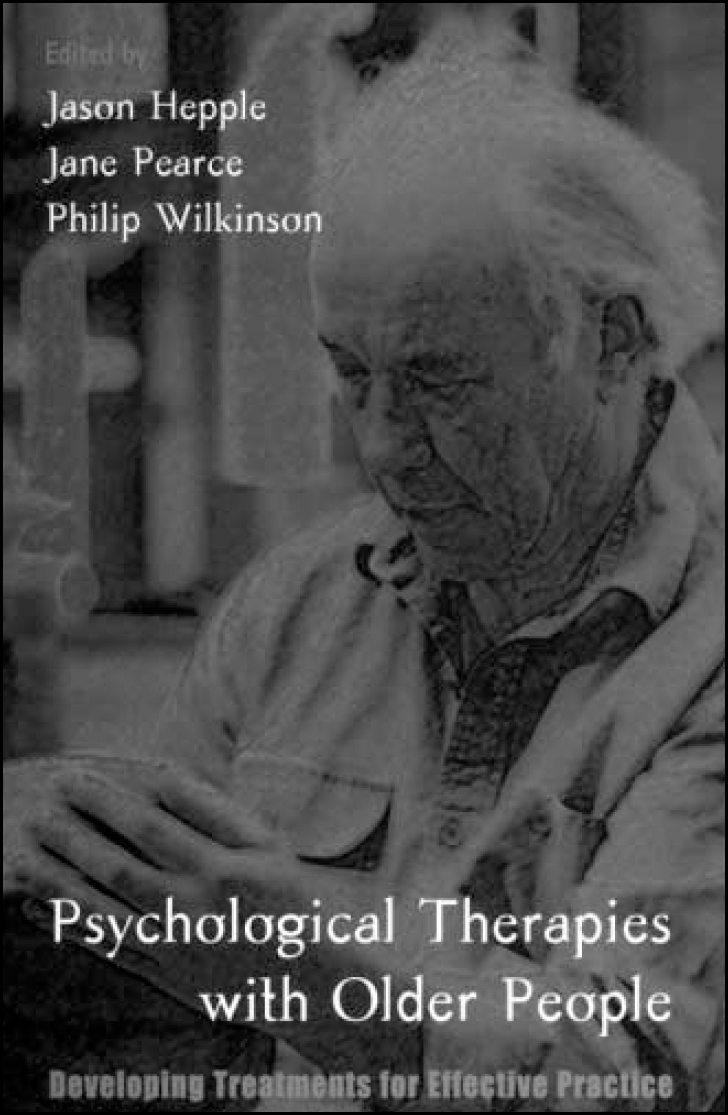
This is an ambitious book. The main chapters cover five forms of brief psychological therapy: brief psychodynamic, cognitive—analytic, cognitive—behavioural, interpersonal and systemic. Each of these is described in terms of background and theory, and then exemplified by case studies. The book follows a format similar to that of a number of other publications (e.g. Reference EellsEells, 1997), but it is the only one that exclusively examines psychological approaches with older people.
The contributors are to be congratulated on producing a good overview of the various forms of psychotherapy currently in vogue. However, I have some concerns about the breadth and pacing of the material. For example, some of the case studies were so abridged that they were of little help. Some of the patients also seemed to be classic textbook cases, responding so rapidly to the treatment protocols that it made one wonder whether medication was ever necessary.
My only other disappointment concerned the final chapter, which discusses the empirical status of the different forms of therapy. Although the authors rightly state that there is scant evidence regarding the efficacy of some of the psychotherapies, they fail to do justice to the existing evidence. This is an unfortunate omission, especially as I presume that one of the aims of the book was to encourage people to use psychological treatments. Also, in view of the poor empirical status of three of the five therapies, it would have been more interesting for the final chapter to be a little more daring, speculative or controversial. For example, it could have been used to hypothesise about the effective components of the therapies, in terms of both generic and therapy-specific components. Indeed, a discussion of the effective ingredients of change would have been stimulating and would relate to the section on ‘selection of therapy’.
On the whole, I think that this is a helpful addition to the growing literature on psychotherapy with older people. Despite my reservations, I will be happy to recommend the text to my postgraduate trainees.



eLetters
No eLetters have been published for this article.